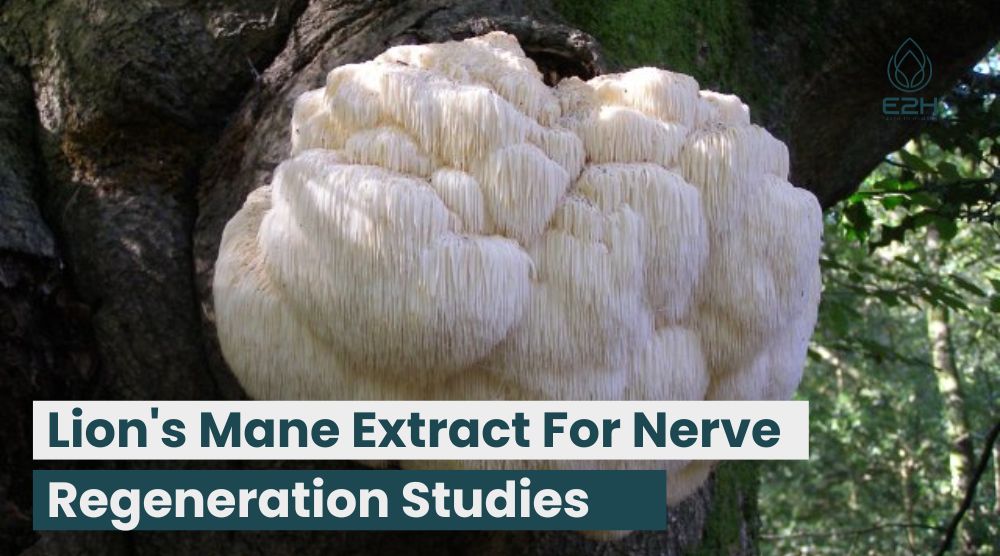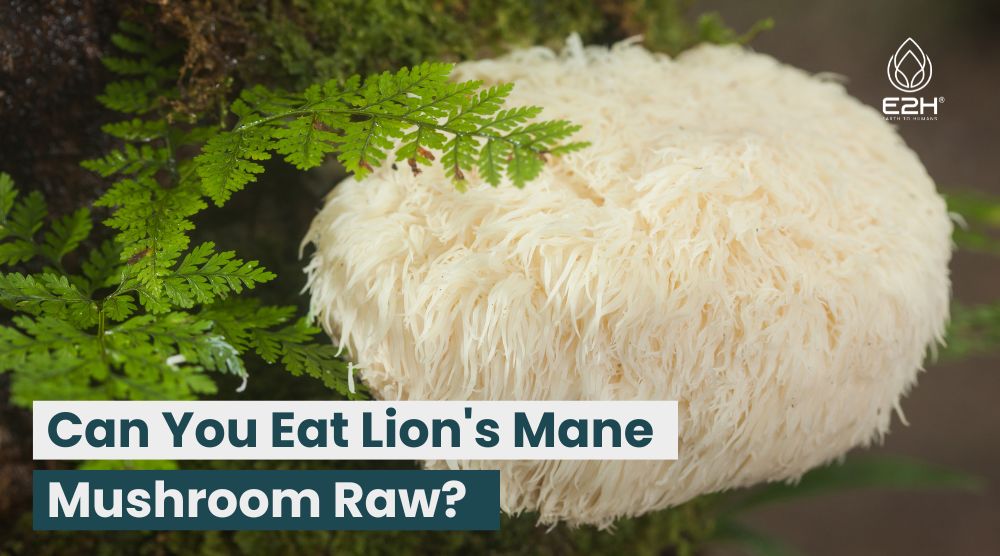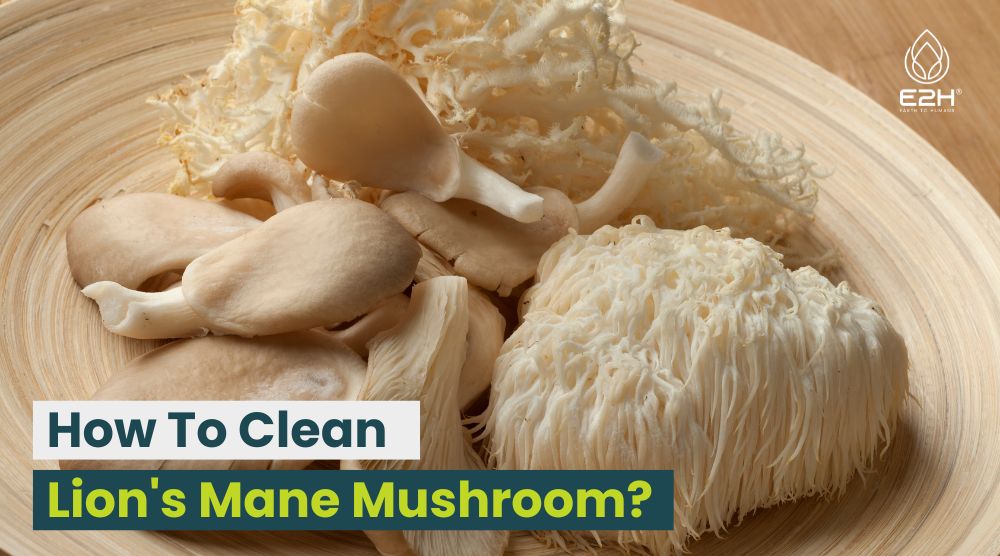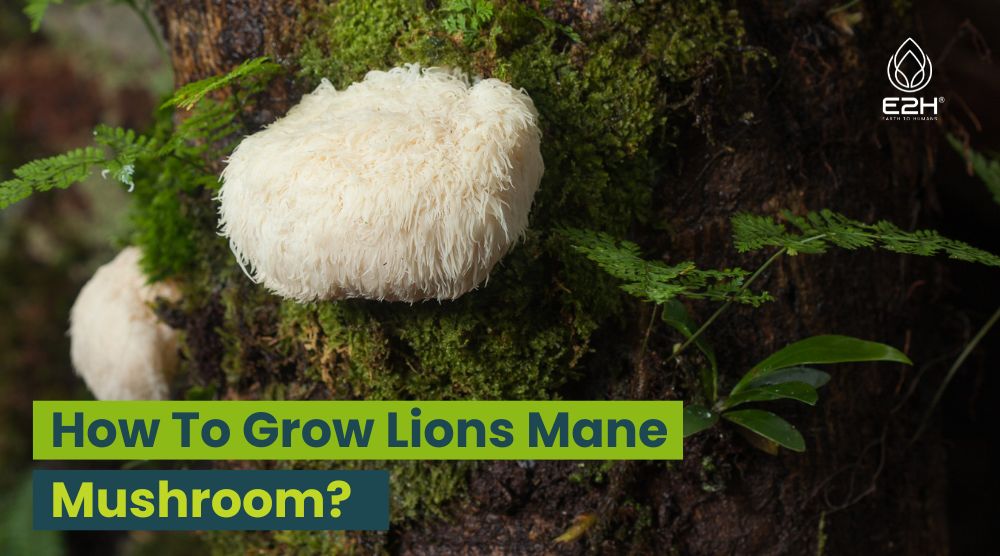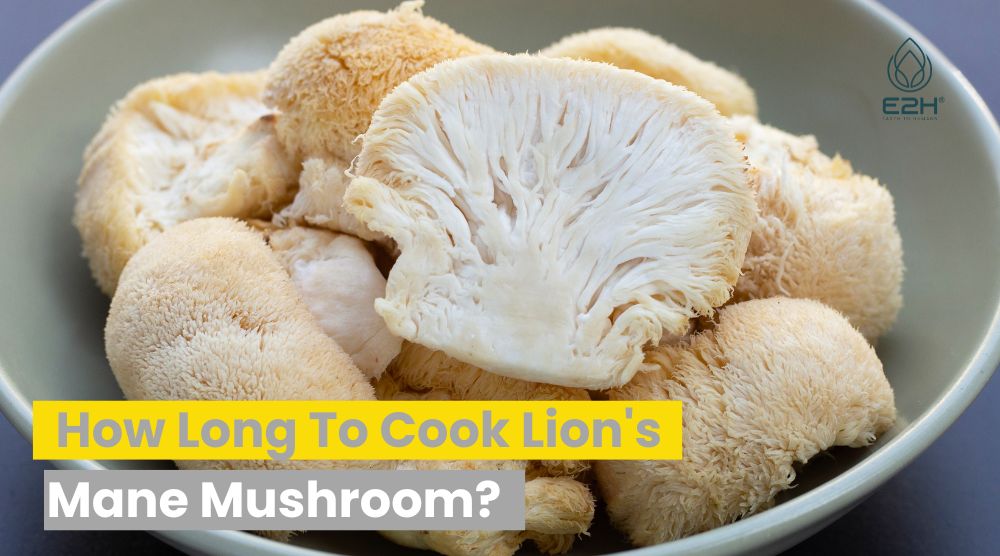Lion’s Mane Extract For Nerve Regeneration Studies: Lion’s mane extract has shown potential in studies for promoting nerve regeneration. Further research is needed to fully understand its effectiveness and mechanisms of action.
Understanding Nerve Regeneration
Before delving into the potential benefits of Lion’s Mane extract, it is important to understand the process of nerve regeneration. When a nerve is damaged or injured, a series of cellular events are initiated to repair the damage. These events involve the growth of new nerve fibers, reconnection of nerve cells with target tissues, and restoration of proper function of immune system.

Several factors can influence the success of nerve regeneration, including the extent of the nerve injury, heart disease itself, the location of the damage, and the overall health of the individual. In some cases, nerve regeneration can be hindered by scar tissue formation or the lack of proper signaling molecules. This is where natural substances like Lion’s Mane extract come into play enhancing peripheral nerve regeneration.
Lion’s Mane Extract: An Overview
Lion’s Mane mushroom is a unique fungus known for its distinctive appearance resembling the mane of a lion. Lion’s Mane mushrooms are grow in various countries, including the United States, Canada, China, Japan, and South Korea. It has a long history of use in traditional medicine, particularly in Asian cultures. Lion’s Mane Mushroom extract is derived from the fruiting bodies or mycelium of the mushroom and is available in various forms, including powders, capsules, and tinctures.
The chemical composition of Lion’s Mane extract is complex and includes bioactive compounds such as erinacines, hericenones, and polysaccharides. These various active compounds have been the focus of scientific studies exploring their potential health benefits, including their effects on nerve regeneration.
Lion’s Mane Extract and Nerve Regeneration
Research studies have shown promising results regarding the effects of Lion’s Mane extract on nerve regeneration. The bioactive compounds present in the extract have been found to stimulate the production of nerve growth factors, which play a crucial role in brain cell growth, promoting nerve growth and repair.
Furthermore, Lion’s Mane extract has demonstrated antioxidant and anti-inflammatory properties, which can help reduce oxidative stress and inflammation in brain cells and spinal cord, both of which can hinder the process of nerve regeneration. By reducing these detrimental factors for brain health, Lion’s Mane extract may create a more favorable environment for brain cells for nerve repair and regeneration.
Clinical Applications and Future Possibilities
The potential clinical applications of Lion’s Mane extract for nerve regeneration are vast. It could be used as a complementary therapy for neuropathic pain in individuals recovering from nerve injuries or undergoing nerve-related surgeries. Additionally, Lion’s Mane extract may hold promise for neurodegenerative conditions such depressive disorders such as Alzheimer’s disease and Parkinson’s disease, where nerve regeneration plays a crucial role.
However, it is important to note that further research is needed to establish the efficacy and safety of Lion’s Mane extract in clinical settings. Current studies have mainly been conducted on animals or in vitro, and more human clinical trials and animal research are required to validate these findings.
Safety and Side Effects
Lion’s Mane extract is generally considered safe for consumption, with minimal side effects reported. However, as with any supplement or natural remedy, it is advisable to consult a healthcare professional before starting Lion’s Mane extract, especially if you have any underlying health conditions or are taking medications.

Some individuals may experience mild digestive discomfort or allergic reactions when consuming Lion’s Mane extract. It is recommended to start with a lower dosage and gradually increase it while monitoring for any adverse effects.
How to Use Lion’s Mane Extract?
Lion’s Mane extract is available in various forms, including capsules, powders, and tinctures. The recommended dosage can vary depending on the individual and the specific product. It is advisable to follow the instructions provided by the manufacturer or consult a healthcare professional for personalized guidance.
When choosing a Lion’s Mane extract product, it is crucial to opt for high-quality, reputable brands to ensure purity and effectiveness. Additionally, storing the extract in a cool, dry place can help maintain its potency.
Does lion’s mane mushrooms help regenerate nerves?
Several studies suggest that the lion’s mane mushroom (Hericium erinaceus) may have the potential to promote nerve regeneration. Lion’s mane contains compounds that can stimulate the production of nerve growth factors, which are vital for nerve cell development and regeneration. These compounds may enhance the process of myelination, the formation of a protective coating around nerve fibers. While further research is needed to fully understand the mechanisms and efficacy of lion’s mane in nerve regeneration, it shows that lion’s mane appears to promising potential in this area.
Can lion’s mane reverse nerve damage?
Lion’s mane has shown potential in some studies for repairing nerve pain and using nerve growth factor regenerating nerve tissue. However, it is important to note that the ability to reverse nerve damage depends on various factors, including the severity and underlying cause of the damage. While the benefits of lion’s mane may support targeting nerve growth factor regeneration, it may not completely reverse extensive or severe nerve damage. Consulting with a healthcare professional is essential to assess individual circumstances and determine the most appropriate treatment approach for addressing nerve damage.
What is the new study on lion’s mane?
One recent study published in the journal “Food Science & Nutrition” investigated the effects of using lion’s mane mushrooms as mushroom extract on cognitive function and quality of life in individuals with mild cognitive impairment. The study found that using lion’s mane mushrooms as supplementation for 12 weeks resulted in significant improvements in cognitive function and quality of life measures compared to the placebo group. This study provides further evidence supporting the potential cognitive benefits of using lion’s mane mushrooms as extract, particularly in individuals with mild cognitive impairment. However, more research is needed to validate these findings and explore the long-term effects.
Is lion’s mane scientifically proven?
While lion’s mane has shown promising results in various studies, it is essential to note that more research is needed to establish its efficacy and fully understand its mechanisms of action. Lion’s mane has been studied for its potential health benefits, in areas such as improved cognitive performance and function, nerve regeneration, and even immune system support.
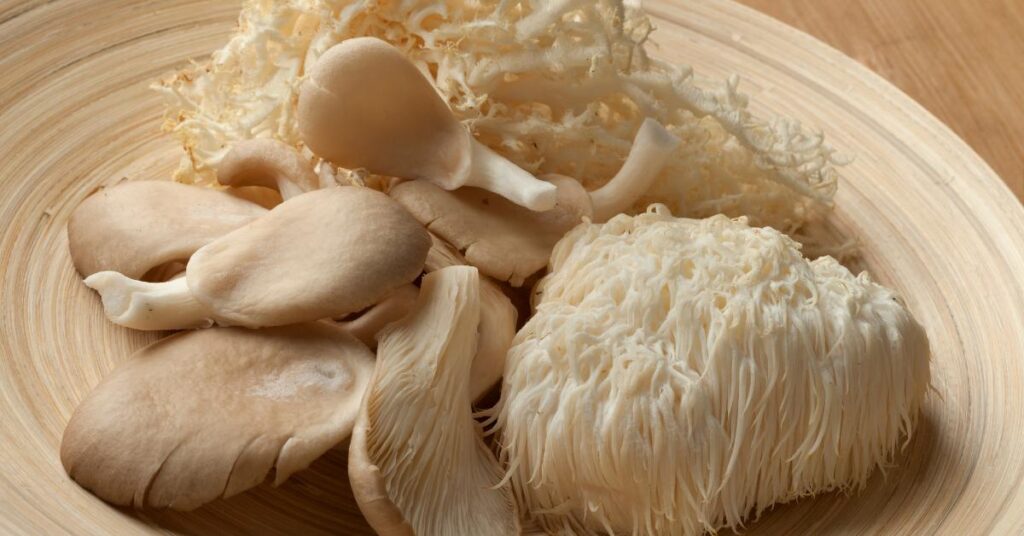
However, the scientific evidence is still evolving, and further rigorous studies, including large-scale clinical trials, are necessary to definitively establish the effectiveness and safety of lion’s mane for specific conditions. It is advisable to consult with a healthcare professional before using lion’s mane or any supplement.
How does lion’s mane mushroom stimulate nerve growth factor(NGF) production?
Lion’s mane mushroom contains bioactive compounds, such as hericenones and erinacines, that have been found to stimulate nerve growth factor (NGF) production. These compounds have been shown to activate signaling pathways involved in NGF synthesis. Additionally, lion’s mane mushroom extract has been observed to enhance the expression of NGF-related genes. These effects contribute to the potential of lion’s mane mushroom extract in promoting NGF production, which plays a crucial role in nerve growth and regeneration.
Can Lion’s Mane Mushroom Grow Brain Cells (NEW Research)
FAQs
Can Lion’s Mane extract cure nerve damage?
Lion’s Mane extract has shown potential in promoting nerve regeneration and repair. However, it is important to note that it is not a cure for nerve damage. It can be used as a complementary therapy to support the natural healing process.
Are there any contraindications for using Lion’s Mane extract?
Lion’s Mane extract is generally safe for consumption. However, individuals with mushroom allergies should exercise caution and consult a healthcare professional before using Lion’s Mane extract.
How long does it take to see results with Lion’s Mane extract for nerve regeneration?
The timeline for seeing results can vary depending on the individual and the severity of the nerve damage. It is important to note that nerve regeneration is a gradual process, and consistent use of Lion’s Mane extract over an extended period may be necessary to observe significant improvements peripheral nerve regeneration.
Can Lion’s Mane extract be used alongside other medications?
As with any supplement, it is advisable to consult a healthcare professional before using Lion’s Mane extract alongside other medications. They can provide personalized advice and ensure there are no potential interactions.
Are there any alternative natural remedies for nerve regeneration?
While Lion’s Mane extract shows promise, other natural remedies such active compounds such as turmeric, omega-3 fatty acids, and acetyl-L-carnitine have also been studied for their potential benefits in nerve regeneration. It is important to explore and discuss these options with a healthcare professional to determine the most suitable approach for individual needs.
Conclusion
In conclusion, Lion’s Mane extract shows promise as a natural therapy for nerve regeneration studies and neurological disorders. Its bioactive compounds have demonstrated the potential to stimulate and promote nerve growth, and repair, while also providing antioxidant and anti-inflammatory benefits. While further research is needed to establish its efficacy and safety in clinical settings, Lion’s Mane extract offers a potential avenue for promoting nerve regeneration and improving nerve-related conditions.
